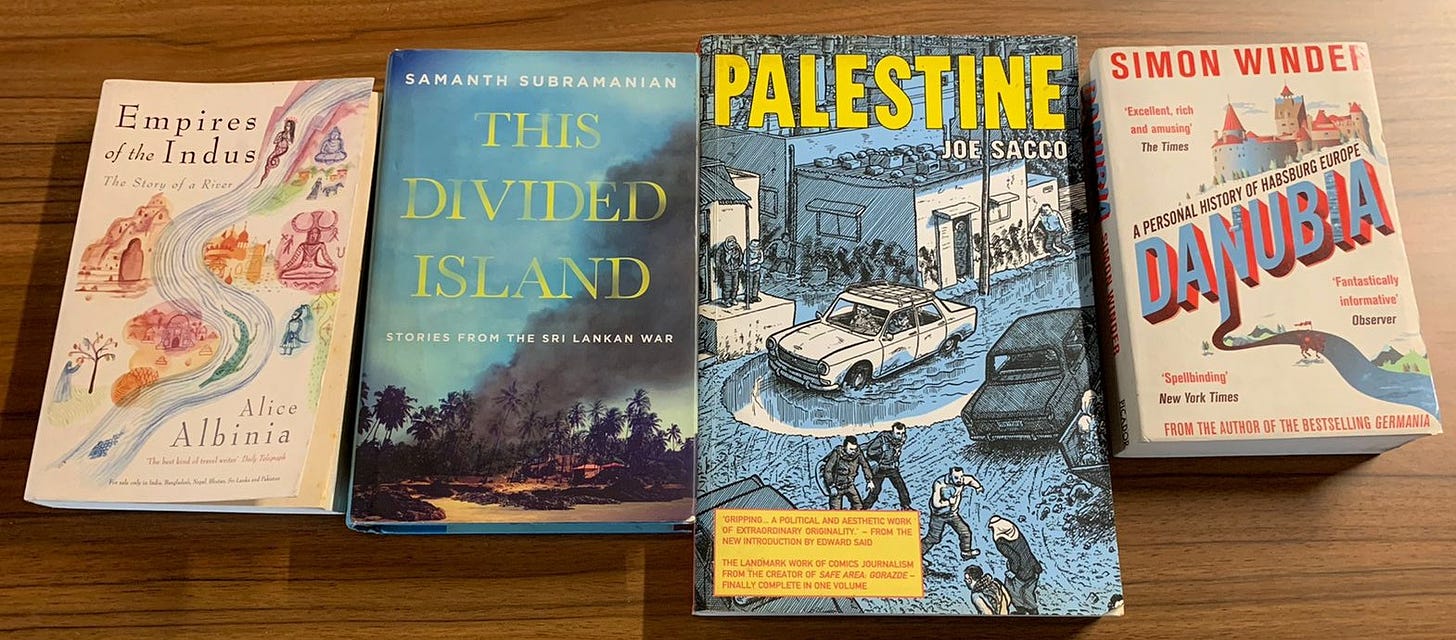China and Jo March: Kindred Spirits?
American writer Louisa May Alcott’s name is often said in the same breath as that of her most acclaimed novel, Little Women. Published in 1868, it was widely considered an instant classic and contributed to Alcott’s subsequent reputation as one of the foremost novelists of the 19th and 20th century.
The novel, by many accounts born from the compulsion of poverty, was meant to reflect on Alcott’s own relationship with her sisters: Anna, Lizzie, and May, who were inspiration for the novel’s four March family sisters: Meg, Beth, and Amy, with Jo said to be based on the author herself.

With this context set dear reader, we turn now to a pivotal scene in the novel where the youngest March sister, Amy is sat fuming at home after not being permitted to join her older two sisters in attending a local theatre performance. But far from passively fuming in her rage, young Amy offers the following:
Just as the party was setting out, Amy called over the banisters in a threatening tone, “You’ll be sorry for this, Jo March, see if you ain’t.”
Our older March sister, Jo while at the theatre finds that her “pleasure had a drop of bitterness in it” as she remorsefully recalls her harsh treatment of Amy and returns home contrite. After a cursory glance about the home and seeing all her belongings in place, “Jo decided that Amy had forgiven and forgotten her wrongs.”
The next day however, Jo discovers she is indeed missing one of her belongings, a dear one at that: a book she regularly wrote in and intended to finish before her father arrived home from the Civil War. On confrontation, Amy makes a confession about the missing book to her increasingly distressed sister (and a budding writer):
“I burned it up.”
Confronted with the harshness of Amy’s actions, Jo's grief and anger lead her to lament:
“You wicked, wicked girl! I never can write it again, and I’ll never forgive you as long as I live.”
The young fictional writer may not however be alone in considering the precarity of having a sole copy of her writings, it may be a similar sentiment China felt when considering some of its bilateral partnerships, particularly that with the US.
Takshashila Co-Founder Narayan Ramachandran gathers evidence to make the case that China has long been making efforts to diversify away from the US, well before US President Trump arrived on the global scene.
In his recent column in The Mint, Narayan writes of China’s prescient decisions:
Over the last five or so years, China has been preparing to lower its dependence on the US. Brazil has replaced the US as China’s largest supplier of corn and soybean. Chinese imports of US soybean have declined from about 40% of shipments to 18% now. Even though about 130 Boeing aircraft remain to be delivered to Chinese airlines and lessors, China stopped ordering new Boeing aircraft several years ago.
Further, he highlights:
While Chinese imports of US crude oil, gaseous hydrocarbons and distilled products was about $20 billion till recently, it has completely substituted that with other supplies in the past couple of months. In 2024, China imported about $11 billion of nuclear reactors, machinery and boilers. China has made significant progress on becoming self-sufficient in nuclear technology and will likely reduce these imports.
To read his assessment of the implications of China’s proactive diversification, follow this link.
An Analysis Post-Operation Sindoor: Aditya’s Take…
In his recent Op-Ed in the Times of India, Head of Takshashila’s Advanced Military Technologies Programme, Aditya Ramanathan, pulls aerial warfare into sharp focus in the aftermath of Operation Sindoor.
He examines the strategy and response of the Indian Air Force in the context of the three-day confrontation with Pakistan, while alerting us to the message our defence responses sent to the former, as well as to China.
To read Aditya’s detailed analysis on India’s multi-level air defences, and his assessment on the success of indigenisation in this context, follow this link.
The India-UK FTA: A Blueprint for the Way Forward?
The UK-India FTA has come at a strategically beneficial time for both countries. At a time when the world is succumbing to protectionism and tariff wars, this comes with a unique opportunity to reform and reset its trade ecosystem, positioning India as a reliable trading partner for developed nations. With the European Union and US FTAs expected to conclude this year, India has a great opportunity to establish a clear standard and template to fully capitalise on these landmark agreements.
In their recent Op-Ed in the Deccan Herald, Takshashila Geoeconomics Research Associate, Anisree Suresh, jointly pens an analysis with Shikha Tomar, student with Takshashila’s Post Graduate Programme in Public Policy (8th Cohort).
Together, they examine this landmark Free Trade Agreement (FTA), which marks the end of a three and a half year period of negotiations, and examine the value it may also hold for subsequent trade agreements.
Follow this link to read their analysis in full, including their assessment on what India needs to work on to realize the full potential of this FTA.
China’s Local Government Finances: All Things Policy Episode of the Week!
This week, our Indo-Pacific Studies Programme’s Staff Research Analysts, Anushka Saxena and Amit Kumar detangle the complex web that is Chinese municipal finances.
Curious about how China’s local government financing model works? Or the role of special purpose bonds in this context? Or perhaps you’re wondering about what policy measures have been implemented in light of falling revenues and an expanding expenditure mandate? Lastly, in light of these many (sometimes bleak) realities, what should be the key economic priorities for Beijing in the years to come?
For answers to all these questions (and many others that you may not yet be asking), follow this link to listen in to their informative exchange.
Takshashila Tabletop Trove!
For our regular readers, you know of course that this section of Dispatch is intended to be a digital repository of the books that sit in Takshashila’s physical office space in Bengaluru, Karnataka. So what’s this week’s book theme? Read on, curious reader.
This week’s theme is: Cityscapes: Best City Biographies, curated by our Deputy Director, Pranay Kotasthane:
Empires of the Indus (Alice Albinia)
This Divided Island: Stories From the Sri Lankan War (Samanth Subramanian)
Palestine (Joe Sacco)
Danubia: A Personal History of Habsburg Europe (Simon Winder)
This edition of the Dispatch was written by Kripa Koshy, Programme Manager for Takshashila’s Post Graduate Programme in Public Policy.




